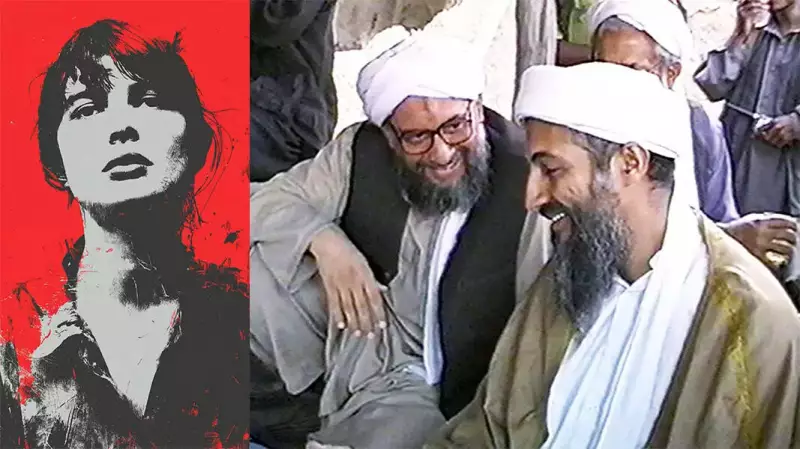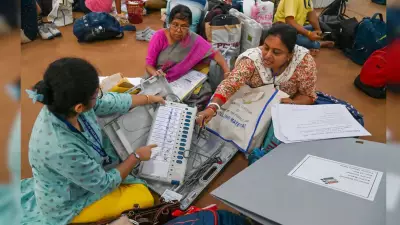
The New Face of Terror: Educated and Elite
In a chilling development that shatters conventional understanding, counterterrorism officials are confronting a dangerous new reality: the rise of the educated terrorist. The Jammu and Kashmir Police recently described a dismantled inter-state and transnational terrorist module as a 'white-collar terror ecosystem'. This unsettling term marks a stark departure from the typical profile of a radicalized individual, forcing a complete re-evaluation of the modern terrorist threat.
Beyond the Stereotype: The Red Fort Blast Probe
The revelation comes amid the investigation into a devastating blast in Delhi that claimed at least 13 lives. While the direct links between this attack and a series of arrests across Haryana, Kashmir, and Uttar Pradesh remain under active probe, the emerging pattern is clear. The profile of the accused in the Red Fort blast case is, alarmingly, no surprise to intelligence agencies. This is not an isolated incident.
Globally, groups like al-Qaeda and the Islamic State (IS) have long recruited educated professionals for key operational roles. India's own history of busted terror modules, as well as the composition of violent left and right-wing outfits in the West, repeatedly feature individuals with academic degrees and professional careers. These are not the disenfranchised or the misled; they are individuals with access to resources and networks.
Weaponizing Privilege: Ideology Meets Capability
So, what is 'white-collar terrorism'? It is the phenomenon where professionals and highly educated individuals leverage their professional legitimacy, academic networks, and access to financial and institutional resources to further violent, ideological ends. Terrorist organizations are no longer just seeking foot soldiers; they are actively recruiting for skills—be it in finance, engineering, or logistics.
These individuals are often drawn by a potent mix of ideology and power. Their integration into terror networks provides a formidable challenge for law enforcement, as they can operate under the radar, their social standing affording them a veil of legitimacy. The discovery of this white-collar terror ecosystem compels a urgent rethinking of the radical mindset and demands new strategies in India's ongoing fight against terrorism.





